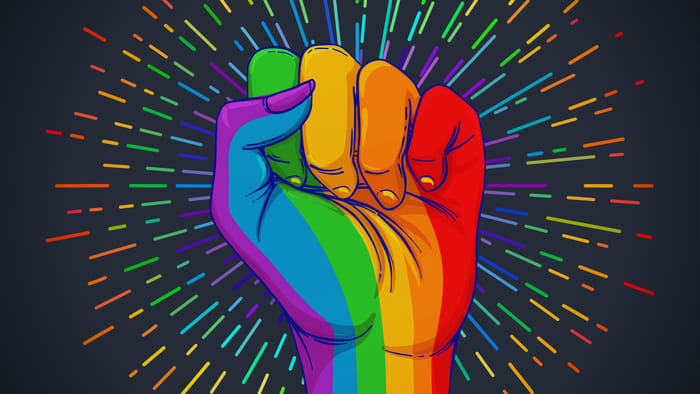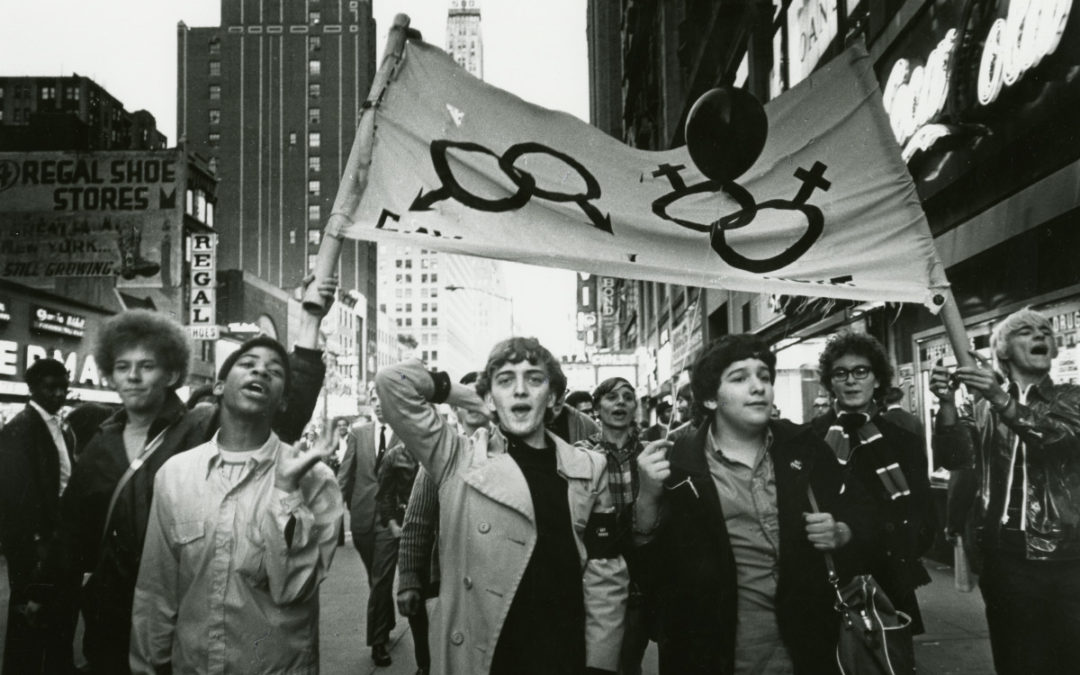
Nov 4, 2020 | Blog
It’s already November, for some the year has flown by and for others it’s ran at a snails pace and we’re all in lockdown again. For a lot of people, this time feels harder. With less sunshine to warm us, curling up with a good book is a cosy option. As a life-long bookworm, I will always recommend reading as a cure for what ails you.
Bibliotherapy, the practice of prescribing reading lists to help people face life’s challenges, has been used in both psychoanalysis and post-traumatic stress treatment. But avid readers have always recommended books that might offer recognition or solace to their friends.
Admittedly, not everyone is thrilled at the prospect of a reading list. Some studies suggest that 1 in 5 adults suffer from some form of dyslexia, often undiagnosed. Another sad reality is; growing up you may not have been offered literature that resonated with you. People say the reason we read is to step into another’s shoes, but I don’t believe that’s entirely true. I think often, we read to see ourselves.
Never before has there been as much representation of the queer and gender non-conforming experience in literature and on our screens. There still isn’t enough, but some beautiful stories do exist. Some of them exquisite and nuanced, some of them mediocre and some of them utterly lazy and stereotypical. (Let’s not mention a certain Irish author’s take on the trans experience aimed at young readers.)
From prose, poetry and young adult to some non-fiction titles, I’ve put together a list of some of my favourite contemporary, queer books to lose yourself in during lockdown. Whether you live and breathe the literary world or you’re a reluctant reader who’d like to develop a reading habit, these titles have you covered.
Poetry
My experience of poetry when I was younger was studying it for school, and we all know how many writers that ruined it for us. As I got older and encountered contemporary poets, I learned to love its strangeness. Adjectives and nouns normally alien to each other combine to move our minds into surreal territory. The layers of meaning to uncover and its refusal to submit to form make it the ideal artform for protest. Audre Lorde, Adrienne Rich, Frank O’Hara, Alan Ginsberg, and I could keep going into the queer canon. But I’m going to pick two contemporary queer poets that I love.

Soho—Richard Scott
The searing images of Scott’s poetry speak of the shame and trauma to live as othered in by patriarchy. Although these poems often illustrate a threatening and violent world; they also explore hedonism, humour, love and the redemptive power of self-acceptance.

Love, Hope and High Heels—Clare Campbell
Liverpool poet Clare Campbell was nominated for the Polari first book prize. The skill of an accomplished poet is forging connections between disparate elements to meditate on and celebrate the universal. This collection is full of the little stars that burn in our lives should we choose to notice them.
Fiction
If you’re not a big reader of novels, here is why I think you should take it up. I think you can compare reading a well-written novel that moves you, to taking a multi-vitamin for your soul and your brain. Reading makes you cleverer, more empathetic and I’ve heard some people say, better in bed. That last one has yet to be proven but I promise you, testing the theory will be pleasurable.

Graham Norton—Home Stretch
The devastating impacts of a fatal car crash on a close-knit community are intertwined with the evolving attitudes of Irish society in Norton’s most personal novel to date. Always warm, readable and observant of the darker dynamics that exist in small Irish communities; this story charts the transformation of the Irish queer experience in the last thirty years. Home Stretch is tender, sensitive and cements Norton’s status as the polymath we’d most like to share a drink with.

Virginie Despentes—Apocalypse Baby
The classic noir novel is given in a contemporary spin by French punk author Virgine Despentes. Most of Despentes polyphonic novels, like the Vernon Subutex trilogy, contain a rich cast of characters of all genders, sexualities and political leanings; but this is the first one with a (sort of) happy love story at its core. Apocalypse Baby is dark, grotesque, fun and the romance at the centre is a respite from the grim extremities of French society depicted by the author. As a former sex worker, her feminist manifesto King Kong Theory is also a must-read.

Ocean Vuong—On Earth We’re Briefly Gorgeous
The prose in On Earth We’re Briefly Gorgeous is as arresting as its title. It’s no surprise that Vuong was an award-winning poet before he released his first work of prose. Inherited trauma, immigration and Vuong’s sexuality are traced throughout this artist’s coming-of-age story. This is not the book for you if you enjoy plot-driven narratives but the images conjured in this book will haunt you for days.

Jeanette Winterson—Oranges Are Not the Only Fruit
As a vaguely spiritual creature who is also fascinated by the weight of oppressive ideology and religiosity on the human condition, I had to throw Oranges on the list. The innocent, matter of fact narration is punctuated with the dry statements of a precocious child who knows they’re being entertaining but can’t fully grasp why. It’s this undercurrent of dead-pan, English humour that has made this book a classic.
Young Adult
Of the many reasons I wish I was younger, the proliferation of queer literature aimed at young adults is the most heartening. There are so many titles to choose from, but these are two of my favourites.

Dean Atta—The Black Flamingo
Another novel from a powerful poet, Dean Atta’s coming-of-age story also intersects, race, sexuality and the power and artistry at the heart of drag culture. This novel in verse is big-hearted and bold and more narratively immersive than you would expect from prose poetry.

Kacen Callender—Felix Ever After
Writers take note; this is a trans teen story with a complex and nuanced protagonist. Not a trans character who exists as a ‘cypher’, as a ‘victim’ or as an ‘issue’ but as a flawed and beautiful human being moving through the world. There is just so much in this story—class, race, identity, growing up—that you can tell Callender is a writer only beginning to flex their talent.
Non-Fiction

Mae Martin—Can Everyone Please Calm Down?
Leave it to a professional funny person to kindly ask us to put our collective anxiety over gender, sexuality and identity into perspective. Martin doesn’t reject the importance of “labelling in terms of community, fighting discrimination, communicating ideas and proudly self-identifying.” She does however hope that society moves in a direction that neither needs or rejects categorising us based on who we love, and how we identify. Her stand up performances and Channel 4 dramedy are also well worth a watch.
Josephine Gibney

Jun 29, 2020 | Blog
These unprecedented times have disrupted our lives in more ways than one, and in particular our mental health. Those who may not have ever had issues prior to Covid, are now having to attend to their mental health needs, like never before. Isolation has proved to be a huge hurdle, and not having a supportive family or network, due to your sexual orientation, can leave a person really struggling under these unforeseen circumstances. Most LGBT+ will have experienced some kind of mental health issues at some stage in their lives, such as depression and/or anxiety, but Covid has brought things to a very new and scary level.
Mental health amongst the LGBT+ community has always been an issue and it is worth highlighting, especially now, as we try to come to terms with this ‘new normal.’ Due to the contagious nature of this virus, social distancing and keeping far from loved ones is promoted, which means a lot of LGBT+ people are being forced into further isolation from those very connections that keep them going on a day to day basis. Being stripped of one’s physical support systems and everyday surroundings can have a detrimental effect on person’s mental state. Isolation, I believe, is one of the biggest challenges for LGBT+ people during this pandemic, and it is once a person starts feeling that they are alone and by themselves in this, that the mind really starts to play up.
Thoughts of despair and hopelessness can, soon creep in, following this, feelings of fear, invisibility and panic can take over and before you can say ‘Bob’s your uncle’, you have been in bed for several days, hidden under the covers, not taking calls and back in that dark place, you so desperately fought to get out of. This is an all too familiar story for many LGBT+ people.
So, what I challenge you to do in this very uncertain time, you warrior, you!
Make your mental health a priority!
Get physical, get active, get outside!
Reach out, call someone, anyone!…..Video Call, the joys!
Get online, reach out to similar minded people, join groups that inspire and motivate you.
Work on being positive, it’s a skill…the mind is a muscle, work it out!
Take up a new hobby or get around to that project you have been talking about since last year.
Things will get better, it is not all doom and gloom, we just have to look at things a little differently and interact with people a little more mindfully, but just for a while.
We all have to dig deep here, and if nothing else, the LGBT+ community is renowned for being strong, resilient, and we will make it through this storm……you will make it through.
Like everything else…..’This too shall pass.’

Jan 23, 2020 | Blog
History of Pride
The 1960s was a time of change across the globe. It was a time of the Black Power Movement, the Women’s Right Movement and Woodstock which inspired the way youth celebrated music and change. Stonewall was a pillar of revolution that began the Gay Pride Movement. Homosexuality was illegal in the 1960s and The Stonewall Inn was a place for all members of the LGBTQ+ Community to get together socially and hide from the law. It is located in Greenwich Village, New York, and at the time was owned by the mafia who bribed the police regularly to avoid raids and a mass arrest of all their customers. (Evans, 2018)
On the 27th June, 1969, many members of the LGBTQ+ community came to New York to mourn the loss of Judy Garland and gathered at The Stonewall Inn after the funeral. In the early morning of the 28th of June, 1969, police raided the bar for illegaly selling alcohol. The police arrested the owners, women and drag performers and put them into a wagon, they also used physical violence against members of the community. A riot eventually broke out on the streets and the crowd expanded to hundreds. Every time the riot was broken apart, it formed again in the name of gay pride. Protests continued a week after the event and an intolerance to the way people were being treated started to develop. From 1970, different countries all over the world started their own Pride marches during the month of June as a legacy to what happened at The Stonewall Inn and to get acceptance from their home countries. (Matzner, 2015). June is now known as ‘Pride Month’. Across the globe today, it is still a criminal offence to be openly gay in 72 countries. In more extreme cases, people can be stoned to death or imprisoned.

Homosexuality in Ireland
After the revolt of Stonewall, patrons in Ireland began to question the laws in their own country and it was Senator David Norris who started to fight against the criminilsation of homosexuality. He took a case before the courts in 1977 to change the law but he lost in 1980. Despite this, Ireland held it’s first Pride parade in 1983 after Declan Flynn got brutally attacked and later died. This attack was brought on as a result of homophobia. (Halpin, 2018) 10 years later, the crime of homosexuality was removed from the statute books in Ireland and in 2015, the marriage equality referendum passed. There were 455 known convictions from 1962 to 1972 and a formal apology was given by Leo Varadkar this year. In 1974, 8 people protested against the laws in Ireland that criminalised homosexuality. Over 60,000 people turned out for the Pride in 2018. (Gallagher,2018). Pride is the visible tip of LGBT+ liberation and celebration. Kerry Festival of Pride 2020 will take place from 12th to 14th of June. Come together to foster a sense of pride, support and community for LGBT+ people living in Kerry.
Dawn Lenihan















Recent Comments